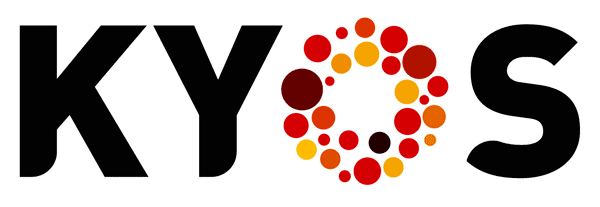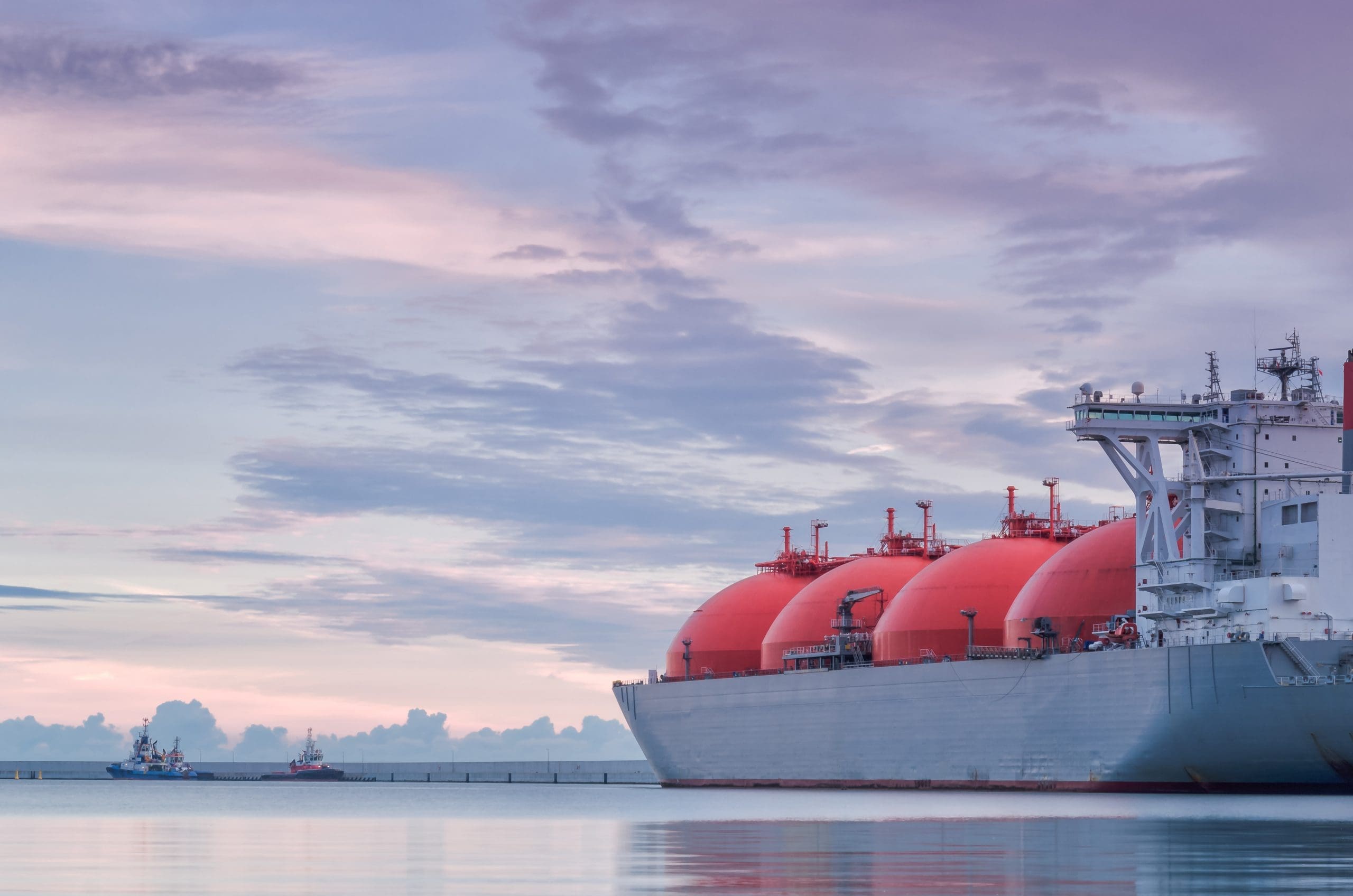What is LNG?
Liquified Natural Gas (LNG) is natural gas that has been cooled down to approximately -162°C to become a liquid. Liquified, it takes about 1/600th of the volume of natural gas in the gaseous state. Natural gas is transformed into its liquified state to transport it economically over longer distances that are not covered by pipelines. It is typically transported in large vessels, but for smaller distances barges or trucks are also being used.
LNG is created from natural gas in a liquefaction plant. During this process, the natural gas will be treated to remove water and other components that will freeze. It can then be stored and transported in special compartments designed for cryogenic temperature. The compartments contain of two layers with a vacuum system in between to reduce heat transfer. Special LNG vessels transport the liquified natural gas from the liquefaction plants to its destination. The destination consists of a regas terminal, where the LNG is transformed again into the gaseous state before being injected into the local gas network.
Liquified natural gas is more and more used in this form, for example as a fuel for trucks, vessels and other means of transportation.
LNG is a traded commodity. Contracts are predominately long-term and often linked to specific liquefaction projects. Traditional long-term contracts have an oil-linked price structure and have a destination clause. With the evolvement of the LNG markets, contracts are getting shorter, more flexible and linked to gas indices as for example the Dutch TTF, US Henry Hub or Asian JKM. Spot trading of LNG cargoes is also expanding.
KYOS Software models and Advisory
LNG gas portfolio management is about managing price and volume risks. KYOS offers support to value contracts along the full value chain. We accompany you from valuing liquefaction or regas projects, LNG off-take agreements to LNG storage contracts.
For example, our flagship software model KyStore also works for LNG, and supports traders and portfolio managers in natural gas markets. The gas storage optimization software not only raises revenues from gas storage trading operations, but also provides accurate valuations and reduces risk with adequate hedge recommendations. The model uses advanced stochastics including Least Squares Monte Carlo techniques to capture the full optionality in gas storage facilities.
Please contact us for more information, just fill out the form in the black section below.

